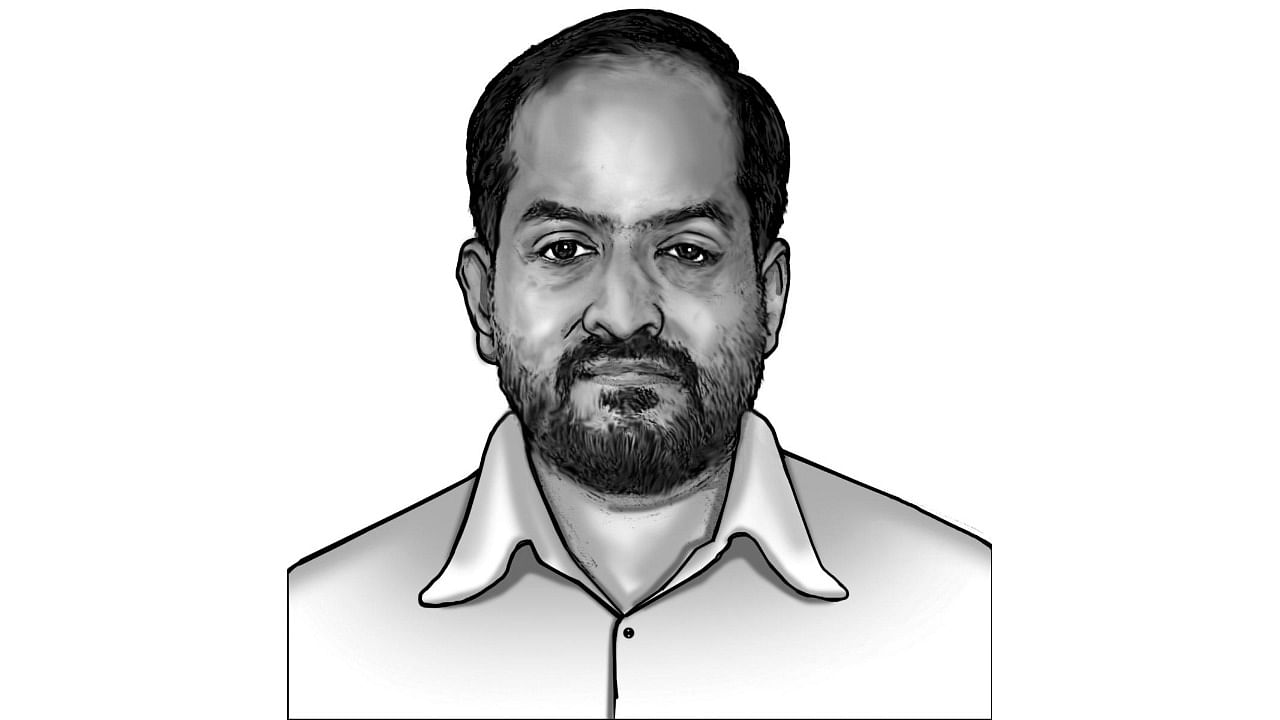
The last day of October will mark the completion of two years since the bifurcation of the former state of Jammu and Kashmir into the J&K and Ladakh Union Territories and the suspension of their right to self-government. While defending the precipitate action, the Jammu-ite Union Minister of State for Personnel, Jitendra Singh, proudly declared that the central government had given the Right to Information to the people of J&K. What he did not acknowledge was that the J&K Reorganisation Act had actually repealed the erstwhile state’s own decade-old RTI law which was stronger than the central law. The fact that people in J&K are vested with the right to know since 1975 when the Supreme Court held it to be a part of every citizen’s fundamental right to free speech and expression was also lost in the propaganda to justify what many people in Jammu, Kashmir and Ladakh denounce as an extremely humiliating and counter-intuitive measure.
Nevertheless, the department guiding the implementation of the central RTI Act worked with the local administration to save the appeals and complaints pending before the abolished State Information Commission. Thanks to the then Central Chief Information Commissioner, Bimal Julka, hundreds of case files were transferred to Delhi for adjudication. Soon after, however, he retired.
Then began the drama of the “disposal” of appeals and complaints from J&K. Complaints were dismissed outright on the ground that no first appeal had been filed with the concerned public authority -- a fictive requirement created under the central Act that did not previously apply to the J&K law. Scores of RTI appeals that actually fulfilled this requirement were also either returned or rejected on other flimsy grounds. As the Central Information Commission (CIC) has not yet cultivated the good habit of periodically publishing data about appeals it upholds or rejects, the fate of these transferred cases will remain a sarkari secret. Researchers cannot glean this information from its decisions database either, because the CIC gave a quiet burial several years ago to the keyword search function on its website.
While the long-drawn communications and internet blackout and curfews imposed after its bifurcation prevented people in J&K from using the central RTI Act, both the central government and the local administration are yet to create online RTI submission facilities for them.
Meanwhile, central public authorities are on the one hand mastering the art of feigning that they do not hold any information about what happened in J&K before and soon after its bifurcation, and on the other, perfecting the technique of refusing other kinds of information on grounds of national security. In an RTI matter which former Chief Information Commissioner Wajahat Habibullah and I jointly took to the CIC, the Union Home Ministry pretended that it did not have any information about the communications blockade and the curfews imposed in 2019 or the names of thousands of people detained under the draconian J&K Public Safety Act. The CIC swallowed this claim hook, line and sinker.
In another matter, Rashtrapati Bhavan cited ‘fiduciary relationship’ and refused to disclose information about the date and time when files relating to the imposition of President’s Rule and J&K’s status change were placed before the President. The CIC remanded the matter back for reconsideration. Earlier this month, information was refused again, citing threats to the security and integrity of the country, without a speaking order, upon which the CIC had insisted. We might never know if those files were given due consideration or merely rubber-stamped.
If this is ‘empowerment’ of the people in J&K through RTI, I need to revisit my dictionary.
Watch the latest DH Videos here: